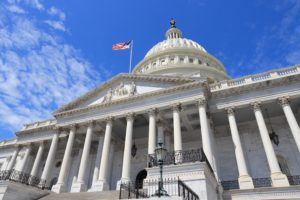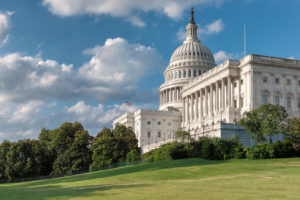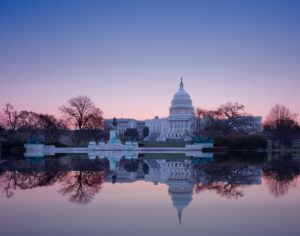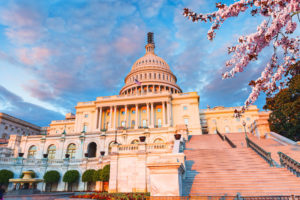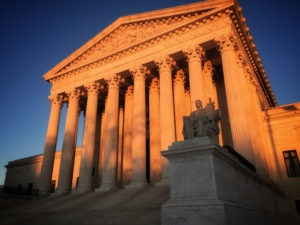Warren’s Bill Presents Progressive Vision for Rulemaking Reform
Recent bill would boost public participation and reduce capture in the regulatory process.
Electronic Case Management Can Improve Adjudication
Agencies can benefit from using digital technology to manage case files.
Severability in Agency Rulemaking
Agencies should include severability clauses in rules to minimize legal uncertainty.
Improving the Efficiency of the Paperwork Reduction Act
ACUS collaborated with agency officials to identify inefficiencies in the PRA approval process.
Getting Agencies Back Into the Game
Regulatory reform should reduce rulemaking burdens to promote effective agency action.
General Rules for Agency Adjudications?
Model Adjudication Rules provide agencies with a guide for improving their own procedures.
Improving Agency Procedure
Experts highlight new model adjudication rules and recent recommendations to improve governmental processes.
Responding to Anti-Regulatory Tropes
Marchand’s argument questions key regulatory processes and ignores the net benefits of regulation.
Regulatory Process in Dire Need of Reform
EPA exemplifies how agency rulemaking pushes the boundaries of lawful policymaking.
CRA Resolutions Against Agency Guidance Are Meaningless
GAO is wrong to think that Congress can use the CRA to overturn agency guidance.
Overruling Chevron Could Make Congress Great Again
Limiting judicial deference to agencies would strengthen environmental policy and democratic accountability.
The Ambiguity in Judge Kavanaugh’s Chevron Critique
Judge Kavanaugh’s views on Chevron may create more uncertainty than exists under the current doctrine.

